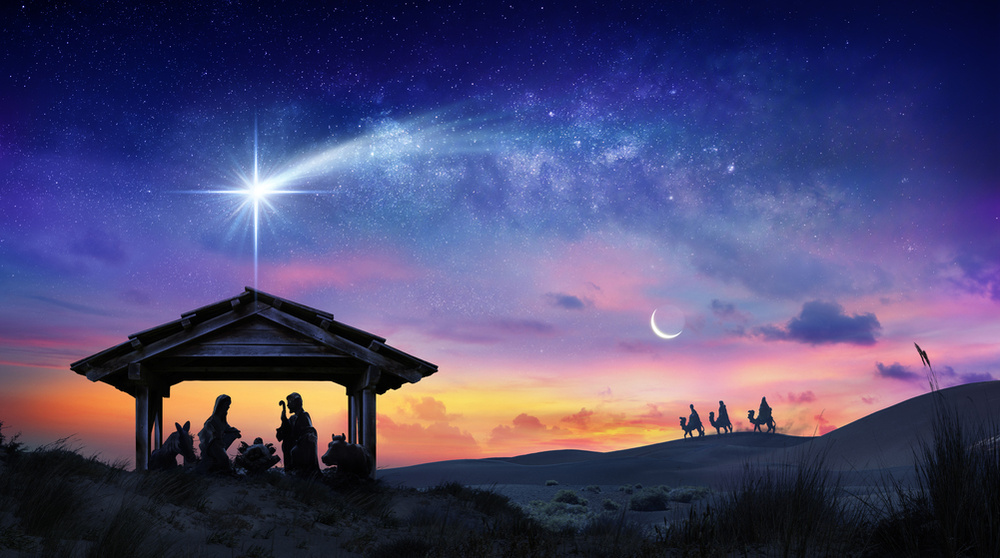Discover the story of Christmas Eve and Hungarian holiday traditions!
While many are familiar with the modern Christmas celebrations, the holiday also carries lesser-known historical and religious significance.

Christmas Eve holds a special place in Hungarian culture, marked by heartwarming traditions and cherished memories. While many are familiar with its modern celebrations, the holiday also carries lesser-known historical and religious significance.
A time for family and reflection
Christmas Eve is the most anticipated night of the year for many Hungarians. It is a time for family gatherings, shared meals, and exchanging gifts. The evening is filled with nostalgia, as childhood memories of past Christmases and loved ones no longer present often come to mind.
The festivities typically conclude with a midnight Mass, but customs vary among families. Despite these differences, the essence of the holiday remains the same—a celebration of togetherness and reflection.
The origins of Christmas

In Christian tradition, Christmas commemorates the birth of Jesus Christ. According to the New Testament, Jesus was born in a humble stable in Bethlehem, as Mary and Joseph could not find lodging. His birth was announced by a guiding star that led the Magi, or “Three Kings,” to the manger with gifts, a story that inspires the custom of nativity plays, Agroinform.hu writes.
While Christmas is rooted in Christianity, its customs have transcended religious boundaries and are celebrated worldwide. The traditions of decorating Christmas trees, exchanging gifts, and enjoying festive meals bring people together regardless of faith.
Hungarian Christmas terms and customs
The Hungarian word for Christmas, “karácsony,” likely derives from the Latin creatio, meaning creation. In Hungary, Christmas Eve, known as szenteste (literally “saint eve“), is distinct from Christmas Day (December 25) and New Year’s Day (kiskarácsony, or Little Christmas).

The Christmas tree, a universal symbol of the holiday, has its origins in 16th-century Germany and became widespread in Hungary much later. Early Christian influences and Roman traditions shaped Hungary’s Christmas customs over centuries.
A holiday rich in history
Christmas wasn’t always widely celebrated. It became an official Christian holiday in the Roman Empire during the 4th century, spreading throughout Europe. However, some periods, such as Oliver Cromwell’s rule in 17th-century England, saw Christmas celebrations banned as immoral. These restrictions were lifted after his death, allowing traditions to flourish once again.
In Hungary, Christmas traditions blend religious and cultural elements, creating a rich tapestry of customs that unite families and communities during this magical season. Whether through traditional meals, decorating the home, or sharing heartfelt moments, Christmas remains a deeply meaningful celebration for Hungarians.
Read also:
- Looking for something festive and crowd-free? Budapest’s Christmas markets gain global recognition
- 5 Hungarian Christmas recipes to satisfy your sweet tooth
































